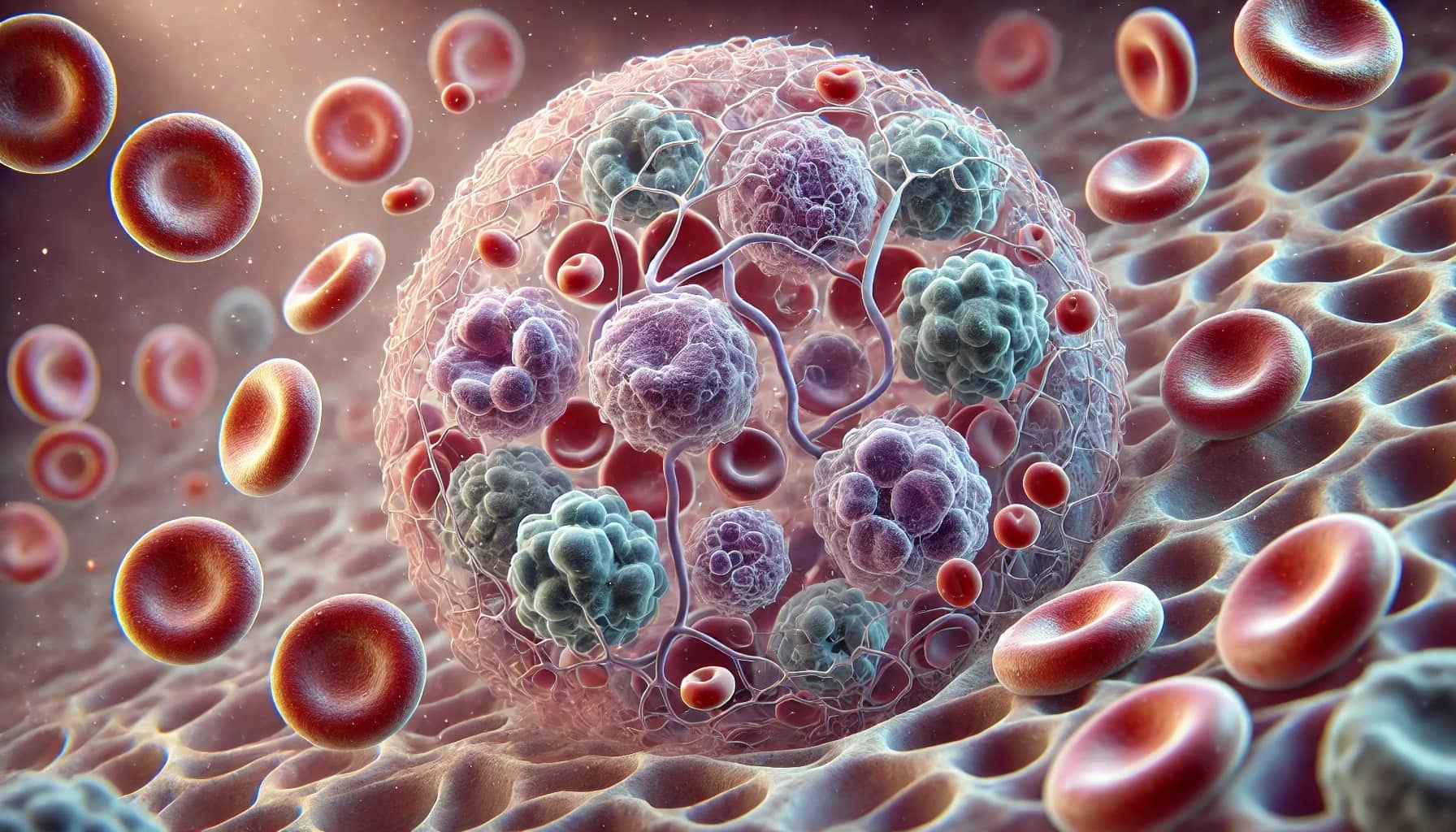
Benjamin Syndrome might sound like something out of a sci-fi novel, but it's a real medical condition. This rare genetic disorder affects various parts of the body, leading to unique physical and developmental challenges. Symptoms can include distinctive facial features, intellectual disabilities, and sometimes heart defects. Understanding this syndrome is crucial for those affected and their families. In this blog post, we'll uncover 20 intriguing facts about Benjamin Syndrome, shedding light on its causes, symptoms, and treatments. Whether you're a curious reader or someone seeking information for personal reasons, these facts will provide valuable insights into this rare condition.
What is Benjamin Syndrome?
Benjamin Syndrome is a rare genetic disorder that affects multiple systems in the body. Named after the physician who first described it, this condition presents a variety of symptoms that can vary widely among individuals.
-
Genetic Origin: Benjamin Syndrome is caused by mutations in specific genes, which are inherited in an autosomal dominant pattern. This means only one copy of the altered gene is needed to cause the disorder.
-
Physical Characteristics: People with Benjamin Syndrome often have distinctive facial features, such as a broad forehead, wide-set eyes, and a flat nasal bridge.
-
Growth Delays: Children with this condition may experience growth delays, resulting in shorter stature compared to their peers.
-
Developmental Delays: Cognitive and motor skill development can be slower in individuals with Benjamin Syndrome, requiring early intervention and support.
-
Heart Defects: Congenital heart defects are common, with some individuals needing surgery to correct these issues.
Symptoms and Diagnosis
Understanding the symptoms and how Benjamin Syndrome is diagnosed can help in managing the condition effectively.
-
Skin Abnormalities: Some individuals may have unusual skin pigmentation or texture, which can be a key diagnostic clue.
-
Eye Problems: Vision issues, such as strabismus (crossed eyes) or myopia (nearsightedness), are frequently observed.
-
Hearing Loss: Hearing impairment, ranging from mild to severe, can occur, necessitating regular audiological evaluations.
-
Muscle Weakness: Hypotonia, or reduced muscle tone, is a common symptom, affecting mobility and coordination.
-
Seizures: Epileptic seizures may be present, requiring medication and monitoring.
Treatment and Management
While there is no cure for Benjamin Syndrome, various treatments can help manage the symptoms and improve quality of life.
-
Surgical Interventions: Corrective surgeries for heart defects or other physical abnormalities can be life-saving.
-
Physical Therapy: Regular physical therapy can help improve muscle strength and coordination.
-
Speech Therapy: Speech and language therapy can assist with communication difficulties.
-
Occupational Therapy: Occupational therapy can help individuals develop daily living skills and achieve greater independence.
-
Medication: Anti-seizure medications and other drugs can manage specific symptoms effectively.
Living with Benjamin Syndrome
Living with Benjamin Syndrome involves ongoing care and support from a multidisciplinary team of healthcare providers.
-
Educational Support: Special education services can help children reach their full academic potential.
-
Family Support: Support groups and counseling can provide emotional support for families dealing with the challenges of the disorder.
-
Regular Monitoring: Regular check-ups with various specialists are crucial to monitor and manage the condition.
-
Nutritional Support: A balanced diet and possibly nutritional supplements can support overall health and development.
-
Adaptive Equipment: Use of adaptive equipment, such as hearing aids or mobility devices, can enhance daily functioning and quality of life.
Final Thoughts on Benjamin Syndrome
Benjamin Syndrome, though rare, offers a fascinating glimpse into the complexities of human genetics. This condition, marked by unique physical and developmental traits, underscores the importance of medical research and awareness. Understanding its symptoms, causes, and treatments can help those affected lead better lives. Genetic counseling plays a crucial role in managing the condition, providing families with valuable information and support.
Advancements in medical science continue to shed light on rare conditions like Benjamin Syndrome, paving the way for improved diagnostics and therapies. By staying informed and advocating for research, we can contribute to a future where such conditions are better understood and managed. Remember, knowledge is power, and spreading awareness about Benjamin Syndrome can make a significant difference in the lives of those affected.
Was this page helpful?
Our commitment to delivering trustworthy and engaging content is at the heart of what we do. Each fact on our site is contributed by real users like you, bringing a wealth of diverse insights and information. To ensure the highest standards of accuracy and reliability, our dedicated editors meticulously review each submission. This process guarantees that the facts we share are not only fascinating but also credible. Trust in our commitment to quality and authenticity as you explore and learn with us.


